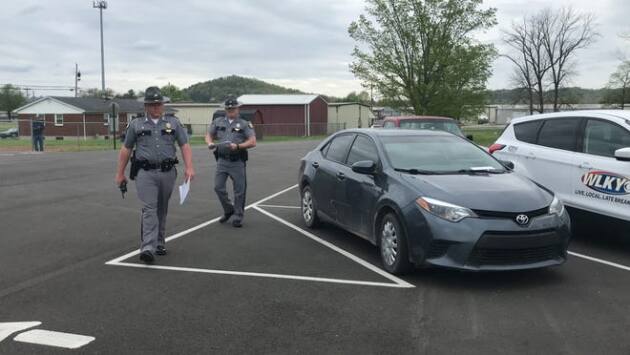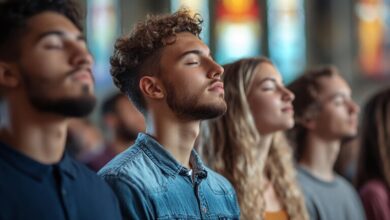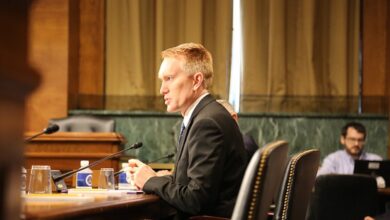Family Research Council documents erosion of religious freedom as pandemic continues

Several Christian organizations are expressing concern about how government health policies are encroaching on religious freedom guaranteed in the Constitution. In a newly released issue brief, “Restrictions on Religious Freedom During the Coronavirus Crisis,” Family Research Council documents the extent to which government social-distancing mandates to slow the spread of the virus pandemic have also restricted the free exercise of religion.
READ: Judge strikes down state restriction on churches
“There is a great deal of confusion about what steps state governments have taken and how they impact the ability of churches to function,” said Quena González, FRC’s director of state and local affairs. “This paper provides helpful clarity for religious leaders and assists state policymakers in comparing their response to those in other states by linking to applicable state by state orders.”
Some of the key findings include:
- In 12 states, places of worship are designated as “essential services,” allowing them to remain open.
- Five states have designated travel to places of worship as essential, but do not permit worship services of more than 10 (except North Carolina, which has also designated as essential places of worship).
- Three states have deemed religious clergy and employees as essential (New Hampshire also designates places of worship as essential).
- Three states allow places of worship to continue operating without specifically designating them as essential.
- Twenty-nine states currently have no policy to exempt places of worship or religious personnel from their coronavirus restrictions.
- To date, Kansas and New Mexico are the only two states to institute a religious exemption and then remove it.
“Faith is essential to many Americans, especially now,” said Katherine Beck Johnson, FRC’s research fellow for legal and policy studies and lead author. “Neutral restrictions generally will not violate religious liberty protections, but even in the midst of the most trying of circumstances, the right to freely exercise one’s religion must not be targeted. We’re thankful to see states largely safeguarding this fundamental right.”
–Dwight Widaman | Metro Voice






